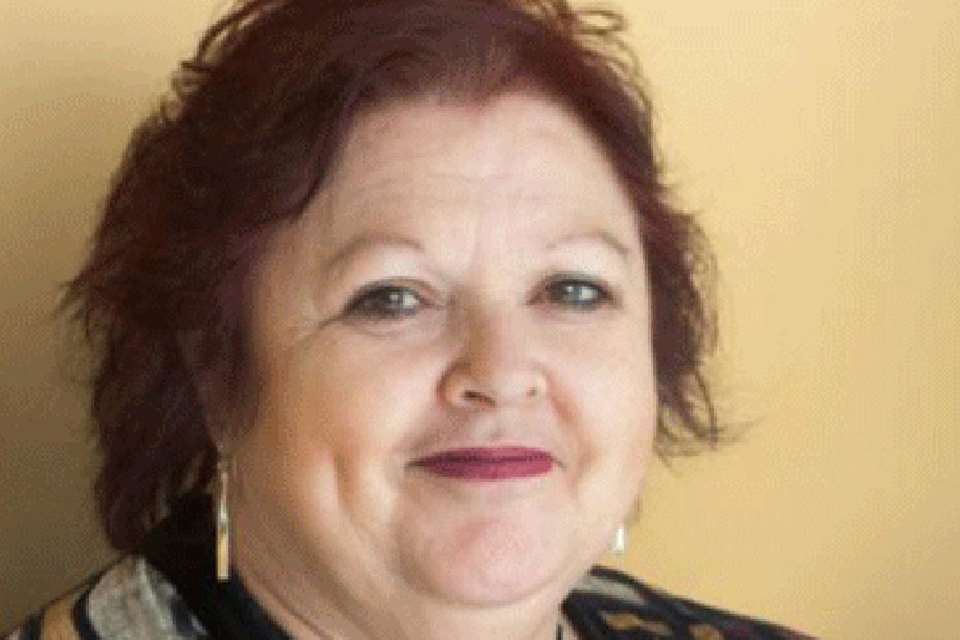Campaigners seek return of EYFS Profile following Baseline U-turn
Monday, April 18, 2016
Early years experts are calling for the reinstatement of the Early Years Foundation Stage Profile, following the Department for Education’s decision to scrap the Reception baseline as a progress measure.

Early years experts are calling for the reinstatement of the Early Years Foundation Stage Profile, following the Department for Education’s decision to scrap the Reception baseline as a progress measure.
The Better without Baseline coalition of academics, sector organisations and teaching unions, among others, is urging the DfE to return to what it views as a more holistic way of assessing young children.
The campaigners hailed the Government’s U-turn last week on Baseline as a victory and issued an open letter offering to work with the DfE ‘to develop more carefully thought-through approaches that have the best interests of the child at their heart’.
The BWB campaigners say they oppose the plan to make the EYFS Profile non-statutory after this year.
‘Although no assessment tool is perfect, the EYFSP remains a widely respected, meaningful and practical assessment, and should be retained at least until a clear, principled and effective improvement can be introduced,’ the letter says.
On 7 April the DfE confirmed that the controversial Reception Baseline would not be used as a starting point to measure children’s progress – the purpose for which it was designed.
Ministers have decided to abandon the Baseline for school accountability measures, after research concluded that the three assessments used by schools are not comparable.
The Reception Baseline comparability study found that the three Baseline products from Early Excellence, Durham University’s Centre for Evaluation and Monitoring (CEM), and the National Foundation for Educational Research (NFER) are ‘not sufficiently comparable to create a fair starting point from which to measure pupils’ progress. As a result, the results cannot be used as the baseline for progress measures, as it would be inappropriate and unfair to schools.’
However, schools will have the option to use the Baseline in the 2016-17 academic year, as part of their ‘on-entry assessment’ for children starting school, and will be funded by the department to do so.
The DfE said it would still encourage schools to use the Baseline as it was important to assess children when they start school to help identify pupils who need extra support.
It also said it would continue to look at the best way to assess children in the early years.
Meanwhile, campaigners remain opposed to reintroducing on-entry assessments and question the reasoning behind inserting an accountability measure into the start of Reception, when large numbers of children will already have been receiving EYFS education in the school from the age of two or three.
They say that Reception teachers already use well-established EYFS approaches to assess and record children’s progress, continuing for four- and five-year-olds the same kind of detailed assessments that have been supporting children’s early education.
Although the Baseline is not statutory, primary schools had been under pressure from the Government to sign up to one of the schemes, as it was intended to be used by Ofsted to measure schools’ performance.
The vast majority of England’s 17,000 maintained primary schools took part in the Baseline last September, with just 2,000 of them opting not to do so.
Meanwhile, the Baseline providers have maintained that their assessment is valuable to teachers.
Jan Dubiel said of Early Excellence’s model, ‘EExBA was developed as an effective approach to assessment. It stands by itself as an effective assessment for children on entry. It remains an effective baseline assessment.’
Professor Robert Coe, director of CEM, said some schools had already signed up for the Baseline for next year.
He said, ‘What I hope is that schools will still continue to use our assessment to inform their teaching. I hope that schools have found it useful and will want to use it again.’
Catherine Kirkup, research director in NFER’s Centre for Assessment, said, ‘We firmly believe that NFER’s task-based approach is the most appropriate choice for schools. Our Reception Baseline Assessment is easy to use and provides accurate and consistent outcomes. It provides a snapshot of children’s starting points at the beginning of Reception and enables teachers to tailor support to each child’s needs.’
The DfE said that it would be considering options for improving assessment arrangements in Reception beyond 2016 to 2017 and would make an announcement in due course.
See Cathy Nutbrown’s ‘To the point’.
VIEWS FROM THE ‘BETTER WITHOUT BASELINE’ CAMPAIGN
 Dr David Whitebread
Dr David Whitebread
‘The DfE have finally come to realise that a Baseline Assessment of four-year-olds, within a few weeks of them starting in school Reception classrooms, is not a sensible use of public money. A very large proportion of teachers reported that these tests took up a lot of time, diverted them from settling in the new young children, and provided no new information beyond what they could observe from normal class activities.
‘The idea of reducing an assessment of young children’s abilities to a single numerical score was always ridiculous. The Government should reinstate the EYFS Profile as a much richer and informative record which can genuinely help Reception teachers to assess children’s strengths and weaknesses and plan appropriately for their learning.’
Dr David Whitebread, acting director, PEDal Centre (Research on Play in Education, Development and Learning), University of Cambridge
 Nancy Stewart
Nancy Stewart
‘It is not possible to sum up children’s development as soon as they enter a new class. A national data set of scores on entry to Reception won’t work, and we don’t need it. Teachers have much more sensitive and reliable ways of understanding children, including using what parents and previous settings tell them.
‘Early years is part of a bigger picture where government imposes misguided assessments such as the Year 1 phonics check and absurd primary grammar tests. The DfE should pause to consider, and keep the EYFS Profile while they seriously listen to the profession. Schools showed they value an observation-based, more holistic assessment when they chose Early Excellence over the test-based baselines. I would like to see an improved EYFS Profile, at the end of the EYFS or when children reach statutory school age.’
Nancy Stewart, vice-chair, TACTYC: Association for Professional Development in Early Years





